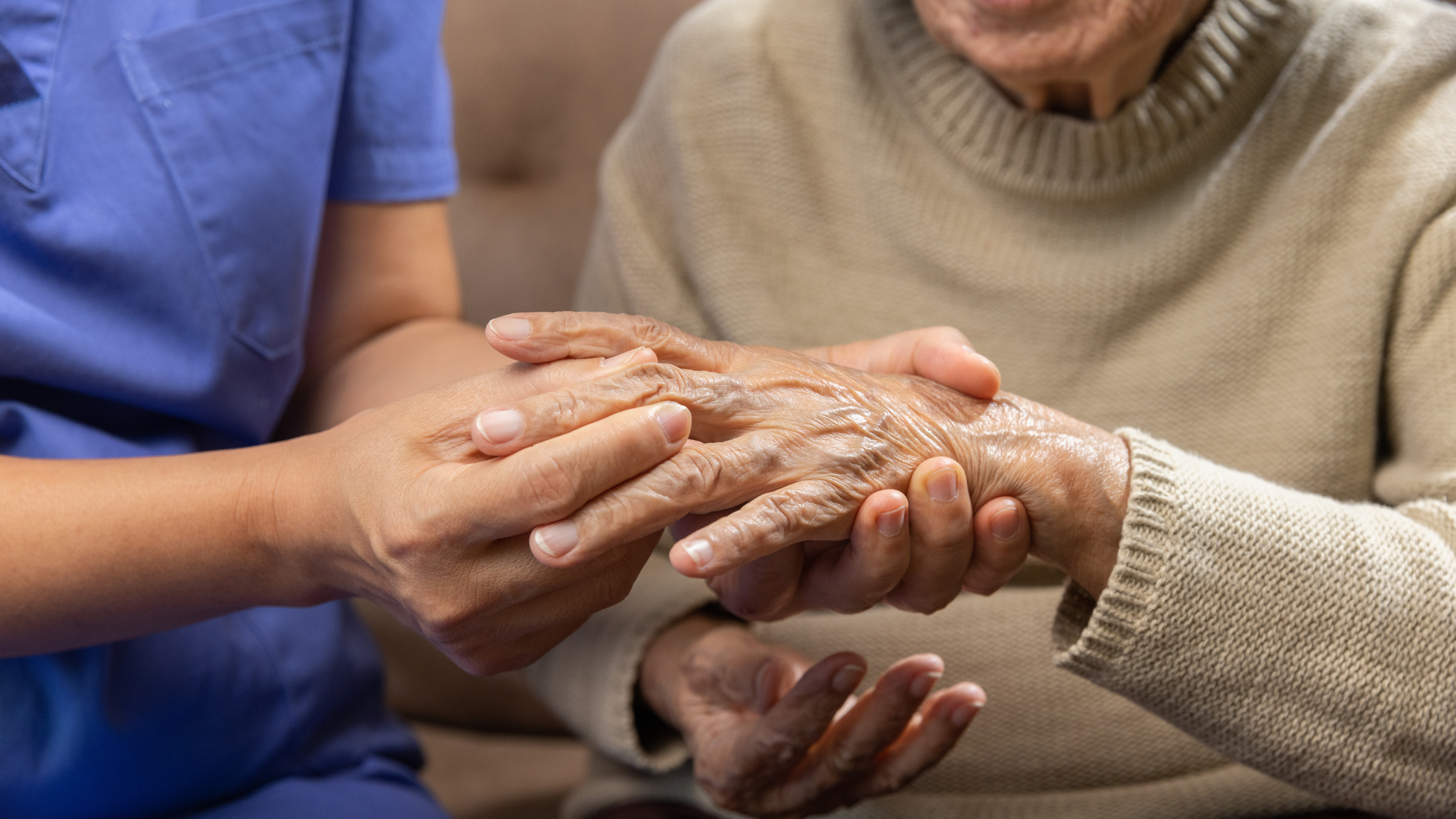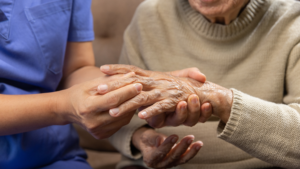Do you have a loved one struggling with an eating disorder? If so, trauma likely plays a significant role in developing and maintaining their condition. But what is trauma? And how does it contribute to eating disorders like anorexia, bulimia, and binge-eating disorder (BED)? We’ll take a closer look at the relationship between trauma and eating disorders. We’ll begin by examining how mental health professionals conceptualize the role of past experiences on current functioning in individuals with EDs and then explore effective treatments for trauma-related difficulties. By understanding more about these connections and challenges in accurately identifying traumatic events, we can arm ourselves with the knowledge necessary to help support people affected by disordered eating patterns while also providing them with access to evidence-based resources needed to heal from their pain.
What are Eating Disorders, and how can trauma trigger them
Eating Disorders are a group of mental health conditions categorized by abnormal eating habits that affect an individual’s physical and emotional health. These disorders can develop through different causes, and one of the triggers can be trauma. Trauma could be any distressing experience an individual may have as a child or adult. Traumatic experiences can disrupt a person’s emotions and how they view themselves, leading to low self-esteem and insecurity. This insecurity can trigger an eating disorder in some individuals as they seek to regain control over their lives and bodies. For those who have suffered from trauma and developed an eating disorder, it is critical to remember that recovery is possible with the help of professional treatment and a supportive network.
The Link Between Trauma and Eating Disorders – Understanding the Cause of the Disorder
Eating disorders are complex and often misunderstood conditions that affect many individuals. Recent studies have highlighted the connection between trauma and the development of an eating disorder. Trauma can come in many forms, such as physical or emotional abuse, neglect, or sexual assault. These experiences may lead individuals to binge eat or purge to cope with their emotions. Understanding this link between trauma and eating disorders is essential in treating individuals who struggle with these conditions. Treatment that addresses the underlying trauma can often lead to a better prognosis and recovery. Individuals struggling with an eating disorder must work with a mental health professional specializing in trauma to address the root cause of their disease. By doing so, they can better understand their condition and work towards a path of healing.
How to Identify Traumatic Experiences in Those Suffering From an Eating Disorder
When dealing with eating disorders, it’s essential to recognize that underlying traumatic experiences often contribute to the disease. If someone you know is struggling with an eating disorder, it’s crucial to approach the situation with sensitivity and understanding. Often, those suffering from eating disorders may not even recognize the traumatic experiences they’ve been through or may feel ashamed to bring them up. Creating a safe and non-judgmental space for them to share their experiences and seek help is necessary as a support system. Remembering that recovery is a journey and acknowledging and addressing past traumas can be crucial.
How to Create a Safe Environment for Someone Struggling with an Eating Disorder Related to Trauma
When creating a safe environment for someone struggling with an eating disorder related to trauma, there are a few essential things to remember. First and foremost, it’s crucial to approach the situation with compassion and a non-judgmental attitude. People with eating disorders often feel ashamed and embarrassed about their behavior; adding to those feelings can only worsen things. Additionally, it’s essential to be aware of potential triggers and to avoid bringing up topics that might cause distress. Finally, it’s necessary to find professional help from someone knowledgeable about eating disorders and trauma and a solid support system, as recovery from these conditions can take time and hard work. With the right tools and a commitment to empathy and understanding, creating a safe environment promoting healing and recovery is possible.
Recognizing the connection between trauma and eating disorders is essential, as these two factors are strongly interlinked. Trauma can be severe and devastating for those suffering from an eating disorder. Therefore, creating a safe environment where someone can talk about their traumatic experiences without judgment or misunderstanding is necessary. A supportive space to express themselves without risk of guilt or shame can be beneficial on the road to recovery from an eating disorder related to trauma. If you think someone might be suffering from an eating disorder related to trauma.














